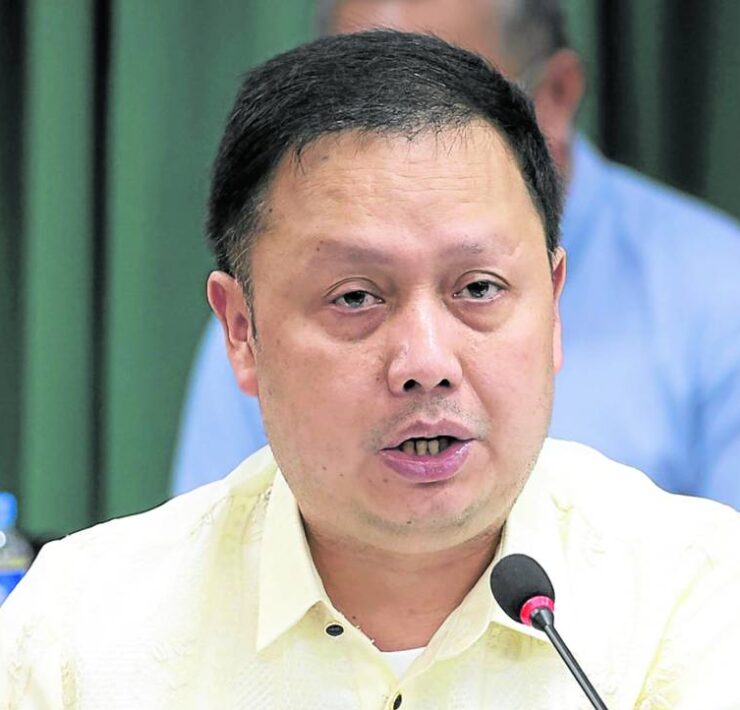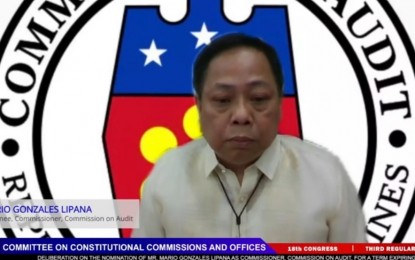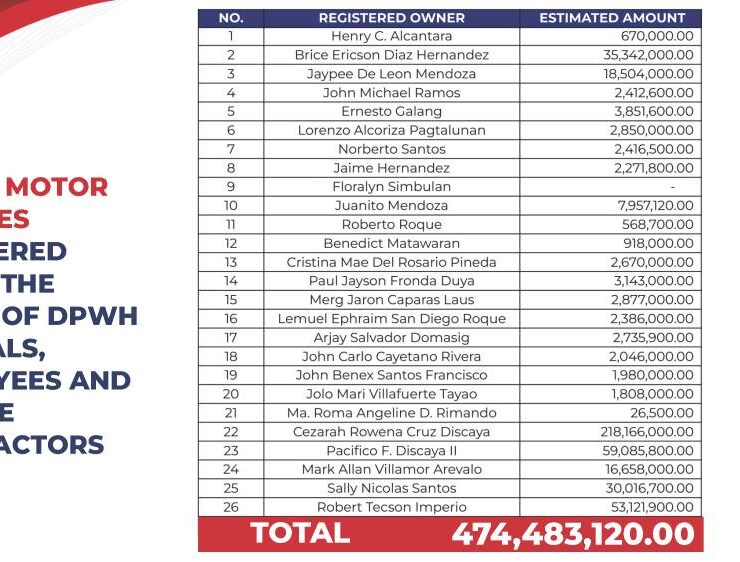Incessant flooding: More than a natural disaster, a man-made tragedy

President Marcos’ impassioned plea, “Mahiya naman kayo,” during his fourth State of the Nation Address (Sona), resonated deeply with a nation weary of incessant flooding that plagues our communities. His words, directed at those who exploit flood control projects for personal gain, laid bare a truth that has long been whispered in hushed tones: corruption is the silent killer, drowning our hopes for effective infrastructure alongside our homes and livelihoods. The poorly constructed flood control projects, a testament to this rampant corruption, are not merely engineering failures; they are moral failures, reflecting a systemic rot that demands immediate and comprehensive action.
The recent Sona highlighted a heartbreaking reality: billions of pesos allocated for flood mitigation are vanishing into the pockets of unscrupulous individuals, leaving behind flimsy structures that crumble under the weight of the first heavy downpour. The suffering inflicted upon ordinary Filipinos—displaced families, damaged properties, lost livelihoods—is a direct consequence of this insidious betrayal of public trust. The economic costs are staggering, but the human cost is immeasurable.
Why does this plague persist? Is the “culture of corruption” ingrained in the Filipino psyche? While it’s undeniable that historical factors and societal norms have contributed to the prevalence of corruption, it is crucial to avoid generalizations. To label an entire nation as inherently corrupt is a dangerous oversimplification. However, the persistence of corrupt practices suggests a need for a profound societal shift in values and attitudes.
Addressing this systemic issue requires a multi-pronged approach. We must begin at the grassroots level. The fight against corruption cannot be solely the responsibility of government agencies; it must be a collective effort involving families, schools, workplaces, and civic organizations. Moral education, transparency initiatives, and robust accountability mechanisms are all crucial elements in fostering a culture of integrity. Moreover, strengthening the rule of law, enhancing investigative capabilities, and ensuring the impartial enforcement of anti-corruption laws are imperative.
The dream of a corruption-free nation is within reach, but only if we confront the issue head-on. Protecting whistleblowers, providing avenues for reporting corruption without fear of reprisal, and ensuring severe penalties for offenders should be prioritized. A lack of accountability emboldens corrupt individuals.
While some might argue that certain individuals are inherently predisposed to corruption, this is a dangerous and reductive argument. It absolves society of its collective responsibility to fight this scourge. Instead, we must focus on cultivating an environment where ethical behavior and public service are valued and rewarded. This means strengthening institutions, promoting transparency, and fostering a culture of accountability. There is no quick fix; it requires a sustained and concerted effort from all sectors of society.
The ongoing flood crisis is not simply a natural disaster; it is a man-made tragedy exacerbated by corruption. The “mahiya naman kayo” call to action should not be allowed to fade into the background noise of political rhetoric. It must serve as a rallying cry-a clarion call for a fundamental shift in our national consciousness, a collective commitment to building a more just and equitable society, free from the suffocating grip of corruption.
The time for talk is over. The time for action is now. Let us all contribute to building a nation where flood control projects are built to last, not to line the pockets of the corrupt. Let us build a country where integrity triumphs over self-interest, and where the promise of a better future is not drowned out by the incessant deluge of corruption.
REGINALD B. TAMAYO,
Marikina City





















